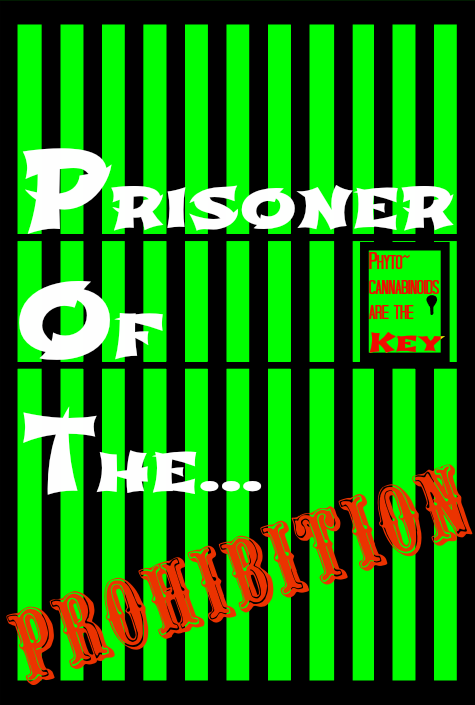 Transcriptional Basis for the Inhibition of Neural Stem Cell Proliferation and Migration by the TGFβ-Family Member GDF11.
Transcriptional Basis for the Inhibition of Neural Stem Cell Proliferation and Migration by the TGFβ-Family Member GDF11.
Source
Wolfson Centre for Age-Related Diseases, King’s College London, Guy’s Campus, London, United Kingdom.
Abstract
Signalling through EGF, FGF and endocannabinoid (eCB) receptors promotes adult neurogenesis, and this can be modelled in culture using the Cor-1 neural stem cell line. In the present study we show that Cor-1 cells express a TGFβ receptor complex composed of the ActRIIB/ALK5 subunits and that a natural ligand for this receptor complex, GDF11, activates the canonical Smad2/3 signalling cascade and significantly alters the expression of ∼4700 gene transcripts within a few hours of treatment. Many of the transcripts regulated by GDF11 are also regulated by the EGF, FGF and eCB receptors and by the MAPK pathway – however, in general in the opposite direction. This can be explained to some extent by the observation that GDF11 inhibits expression of, and signalling through, the EGF receptor. GDF11 regulates expression of numerous cell-cycle genes and suppresses Cor-1 cell proliferation; interestingly we found down-regulation of Cyclin D2 rather than p27kip1 to be a good molecular correlate of this. GDF11 also inhibited the expression of numerous genes linked to cytoskeletal regulation including Fascin and LIM and SH3 domain protein 1 (LASP1) and this was associated with an inhibition of Cor-1 cell migration in a scratch wound assay. These data demonstrate GDF11 to be a master regulator of neural stem cell transcription that can suppress cell proliferation and migration by regulating the expression of numerous genes involved in both these processes, and by suppressing transcriptional responses to factors that normally promote proliferation and/or migration.
- PMID:
- 24244313
- [PubMed – in process]

